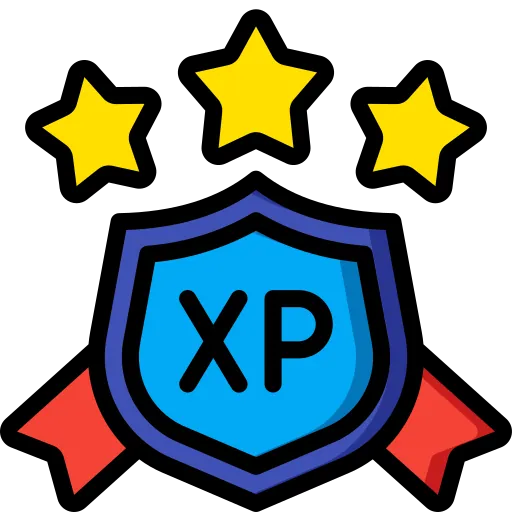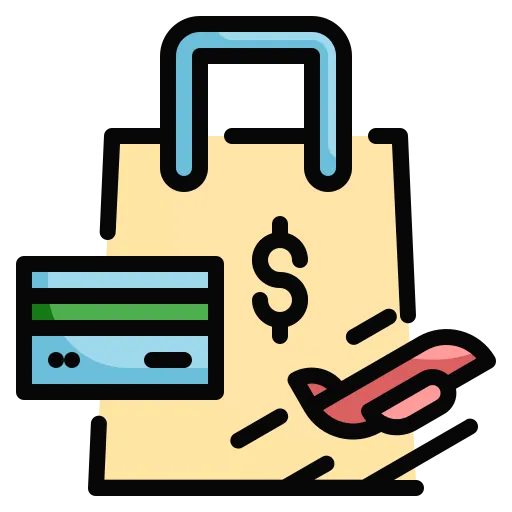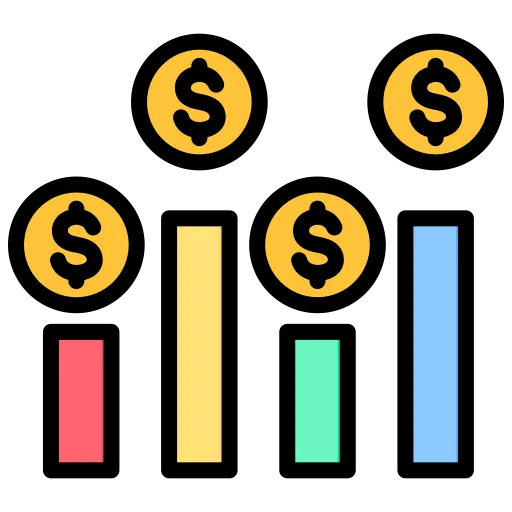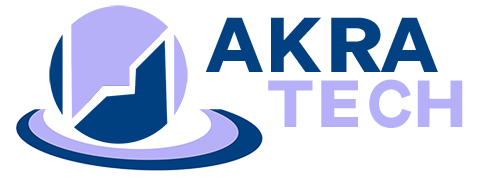Choosing the right web development platform for your project can be a daunting task, as there are many options available. Two popular choices are Laravel and Drupal, each with its own strengths and weaknesses. In this guide, we will compare these two platforms and help you determine which one is best for your needs.
Introduction to Laravel and Drupal.
Laravel is an open-source PHP framework that was released in 2011. It was designed to make web development easier and more efficient by providing developers with a robust toolkit for building web applications. It’s often used for custom projects, such as custom e-commerce stores, complex web applications, and API integrations.
One of the biggest advantages of using Laravel is its ease of use. It has a built-in template system that makes it easy to create complex web applications. It also comes with a powerful ORM (object-relational mapping) tool that simplifies the process of interacting with the database.
Real-life examples of Laravel projects include a website for a travel agency that allows customers to book flights and hotels, an online store that sells clothes, and a mobile app for a restaurant that allows customers to order food.
Example Code
Route::get('/', function () { return view('welcome'); });Drupal
Drupal is an open-source content management system (CMS) that was first released in 2001. It’s a popular choice for content-heavy websites, such as news sites, blogs, and e-commerce stores. It’s also frequently used by organizations that need to manage large amounts of content, such as universities and government agencies.
The biggest advantage of using Drupal is its wide range of features. It comes with a range of powerful modules that can be used to add custom functionality to a website. It also has a built-in user management system, which makes it easy to manage access to content and other resources.
Real-life examples of Drupal projects include an online store for a retail chain, a website for a university, and a news website for a newspaper.
Example Code
<?php
function mymodule_menu() {
$items['mymodule'] = array(
title => t('My Module'),
page callback => 'mymodule_page',
access callback => TRUE );
return $items;
}
function mymodule_page() {
return '<p>This is the page content for my module.</p>';
}
?>Features of Laravel and Drupal.
Laravel and Drupal both have their own unique sets of features. Laravel’s elegant syntax allows developers to write clean, readable code quickly and easily. Laravel also has a robust set of tools built-in, including authentication systems, task scheduling, and database migrations. Drupal, on the other hand, excels in its flexibility and scalability. It has a wide range of modules and themes available to enhance functionality and give users greater control over their website’s design and functionality. Drupal also has strong support for multilingual websites, making it a great choice for organizations operating in multiple countries or regions with different language requirements. Ultimately, the choice between Laravel and Drupal will depend on your specific project requirements and what you are hoping to accomplish with your web development project.
Ease of Use and Flexibility.
When it comes to ease of use and flexibility, Laravel and Drupal have unique strengths. Laravel has an intuitive syntax that allows developers to write code quickly and easily. Its built-in tools, like authentication systems and database migrations, also make it easy for developers to create secure, scalable web applications. On the other hand, Drupal is known for its flexibility and scalability. It offers a wide range of modules and themes that can be used to customize your website’s design and functionality. Additionally, Drupal’s strong multilingual support makes it an ideal choice for organizations with global audiences. Ultimately, the best platform for your web development project will depend on your specific needs and preferences.
Performance, Scalability, and Security.
When it comes to performance, scalability, and security, both Laravel and Drupal have advanced features. For instance, Laravel is highly optimized for speed and can handle heavy traffic with ease. It uses a caching system that improves performance by reducing database queries. Laravel also has built-in tools for preventing SQL injections and other common attacks, making it a secure choice for web application development.
On the other hand, Drupal’s scalability capabilities are well-known in the industry. Not only does Drupal have a modular architecture that allows developers to add or remove functionality easily, but it also has the ability to scale horizontally across multiple servers. Additionally, Drupal provides robust data security features like access controls and user permissions, which can help prevent unauthorized access to your website’s content.
When comparing Laravel vs Drupal on performance, scalability and security factors, both platforms offer excellent options depending on your specific requirements. Ultimately, you need to choose the platform that aligns best with your organization’s needs and budget while still offering superior quality products.
Looking for a Laravel or drupal developer? hire now!
Build Your website Now
We are here to customize your immediate needs and launch your product on time within the defined budget.
Please share your requirement and get ready to see how AKRATECH can build your MVP in no time.






Community Support and Cost-effectiveness.
When choosing between Laravel and Drupal for your web development project, community support and cost-effectiveness are also important factors to consider. Laravel has a huge community of developers who have created a vast range of libraries, plugins, and modules that can be used to extend its functionality. This means that it’s easy to find resources and help when using Laravel.
Drupal is known for its robust community as well. It has an active group of contributors who work on different aspects of the platform including security patches, bug fixes, and new features. However, because Drupal is more complex compared to Laravel, it might take longer to learn and understand the platform fully.
In terms of cost-effectiveness, Laravel is usually the preferred option for small businesses or startups because it’s free with no licensing or subscription fees required. Meanwhile, Drupal has a higher initial cost due to the need for technical expertise during development but is often seen as a good investment in the long run due to its scalability capabilities.
Ultimately, when making a decision between these two platforms for your web development project, it’s essential to consider all aspects carefully based on your organization’s specific needs and requirements.
Choosing the Right Platform
Choosing between Laravel and Drupal for your web development project will depend on the type of project you’re working on and the specific requirements of the project.
If you’re working on a custom web application or an API integration, Laravel is likely the best choice. It provides a powerful toolkit for creating complex web applications and makes it easy to interact with the database.
On the other hand, if you’re working on a content-heavy website, such as a news site or blog, Drupal is the better option. It comes with a range of powerful modules that can be used to add custom functionality to a website, as well as a built-in user management system.
For starters, Laravel is a modern web development framework that offers a comprehensive set of tools for creating web applications. It is known for its easy-to-use syntax and robust development environment. On the other hand, Drupal is a content management system (CMS) that is used to build websites and applications. It is used by many organizations, including the White House, NASA, and the University of Oxford.
No matter which platform you choose, it’s essential to consider your project requirements and select the forum that best meets your needs.
Consider hiring skilled developers to execute your web development projects with precision and expertise.
Still, confused about the choice?
This section is for you
Laravel:
- Have a project idea?
- Do you need an easy-to-use yet powerful framework?
- Is your project mostly focused on web applications?
- Is scalability an important factor?
- Do you need a well-maintained and well-documented framework?
- Can you hire developers experienced in Laravel?
- Does your project require a high level of customization?
- Is your project budget-friendly?
- Will you need to integrate third-party services?
- Do you need to handle authentication and authorization?
- Is the project deadline reasonable?
- Do you need to manage access control to certain parts of the website?
- Do you need a powerful routing system?
- Do you need to support multiple languages?
- Is the project deliverable and mission-critical?
- Do you need to support multiple databases?
- Do you need to handle a large amount of data?
- Do you need to have a robust queue system?
- Do you need to have a good templating engine?
- Does the project require an ORM or an advanced search engine?
If you answered “Yes” to at least 8 of these questions, then Laravel is likely the right choice for your project.
Drupal:
- Have a project idea?
- Do you need a powerful and secure content management system?
- Is your project mostly focused on content management?
- Is scalability an important factor?
- Do you need a well-maintained and well-documented framework?
- Can you hire developers experienced in Drupal?
- Does your project require a high level of customization?
- Is your project budget-friendly?
- Will you need to integrate third-party services?
- Do you need to handle authentication and authorization?
- Is the project deadline reasonable?
- Do you need to manage access control to certain parts of the website?
- Do you need a powerful routing system?
- Do you need to support multiple languages?
- Is the project deliverable and mission-critical?
- Do you need to support multiple databases?
- Do you need to handle a large amount of data?
- Do you need to have a robust queue system?
- Do you need to have a good templating engine?
- Does the project require an ORM or an advanced search engine?
If you answered “Yes” to at least 10 of these questions, then Drupal is likely the right choice for your project.
